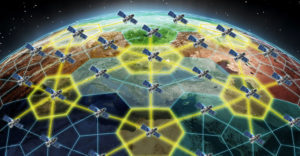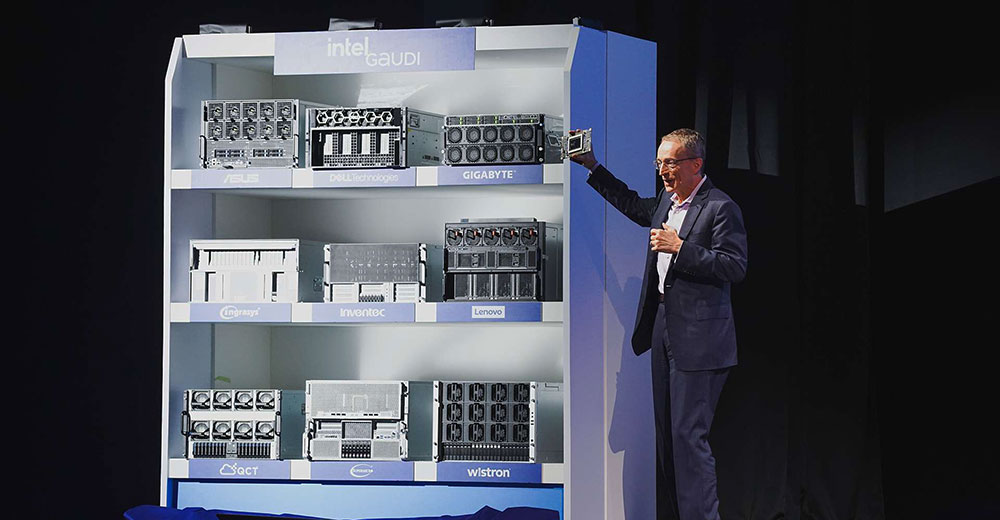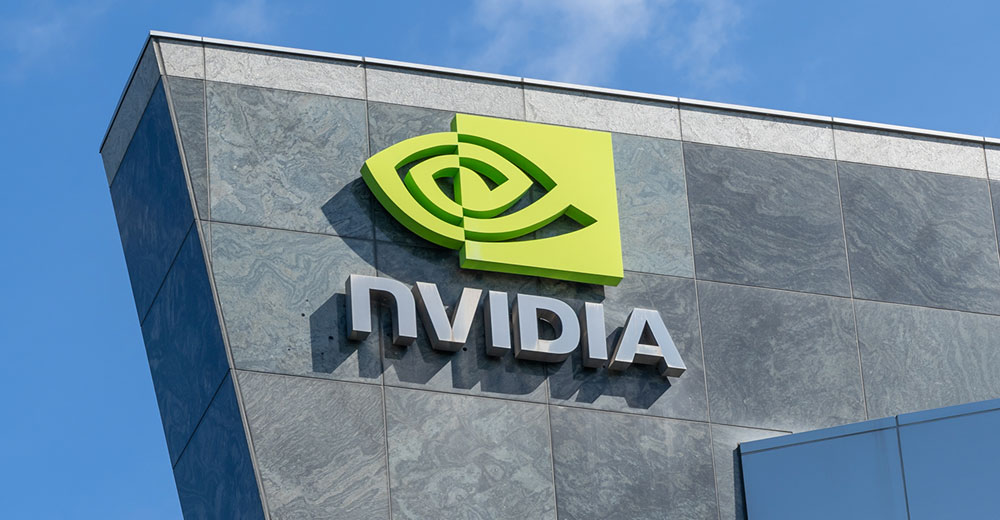Space Exploration Technologies — or SpaceX, as it is usually called — took a key step toward providing support for NASA and advancing private space travel on Monday: It successfully launched a small satellite into orbit atop its Falcon 1 rocket.

It was a first for the company, which has been making significant strides in private space flight since its founding in 2002 by Elon Musk, cofounder of PayPal.
“This is a big step for SpaceX,” John Gedmark, executive director with the Commercial Spaceflight Federation, told TechNewsWorld.
Transport to ISS Needed
After a series of failures, SpaceX successfully launched a Falcon 1 rocket into Earth orbit last year. Now, it has proven it can launch a satellite into orbit. Eventually, it may deliver cargo and crew to the international space station.
On Monday, the Falcon 1 took off from Kwajalein Atoll in the South Pacific carrying the Malaysia-built RazakSAT, a lightweight satellite equipped with a high-resolution camera. It reached orbit some 10 minutes later.
If SpaceX successes continue to accumulate, the company might be able to fill the significant gap that’s expected to occur when NASA retires its space shuttle next year. By the end of this year, SpaceX plans to launch a larger rocket, the Falcon 9, which could carry cargo.
“What a lot of people don’t realize is that when we retire the shuttle, at least as of right now, we will be completely reliant on other countries to get us to the space station,” Gedmark explained. “Most notably, we will have to rely on Russia to get our astronauts to [the] space station at a cost of several billions of dollars worth of flights.”
NASA has been working with domestic private space companies — SpaceX being one of the most prominent examples — to develop capabilities to meet this need, he said.
SpaceX did not return TechNewsWorld’s call in time for deadline.
Global Example
If companies like SpaceX can actually deliver crew and satellite to the space station, it will be as notable an achievement in the history of space exploration and development as the first moon landing was 40 years ago, added Gedmark.
“It says more about our economic strength than if this were purely a government exercise,” he explained. “Very few countries have the ability to put people into space as it is, and they are all government initiatives, of course.”
Space Tourism
The launch also bodes well for the future of space tourism, noted space architect John Spencer, founder and president of the Space Tourism Society.
There is a distinct demand for space tourism, he told TechNewsWorld, which will only grow as facilities for tourists are developed.
“Look, there are 20,000 tourists that visit Antarctica every year; clearly, there are people out there that want adventure vacations and to do something different and meaningful.
Currently, only a handful of private individuals have managed to arrange space tours.
The future could include orbital space yachts, hotels, resorts and cruise ships, said Spencer, who authored Space Tourism: Do You Want to Go?
“In the near term, you can expect to see orbital super yachts in the same manner that we have ocean going super yachts,” he said. There is even room in his scenario for yacht races on par with the America’s Cup.
If these visions are realized, it will be in large part thanks to the private sector’s efforts to build on the government’s 40-year space program, said Spencer.
“People like Elon and Amazon’s Jeff Bezos, who founded Blue Origin, are the next-generation pioneers in space access,” he said.
























































































